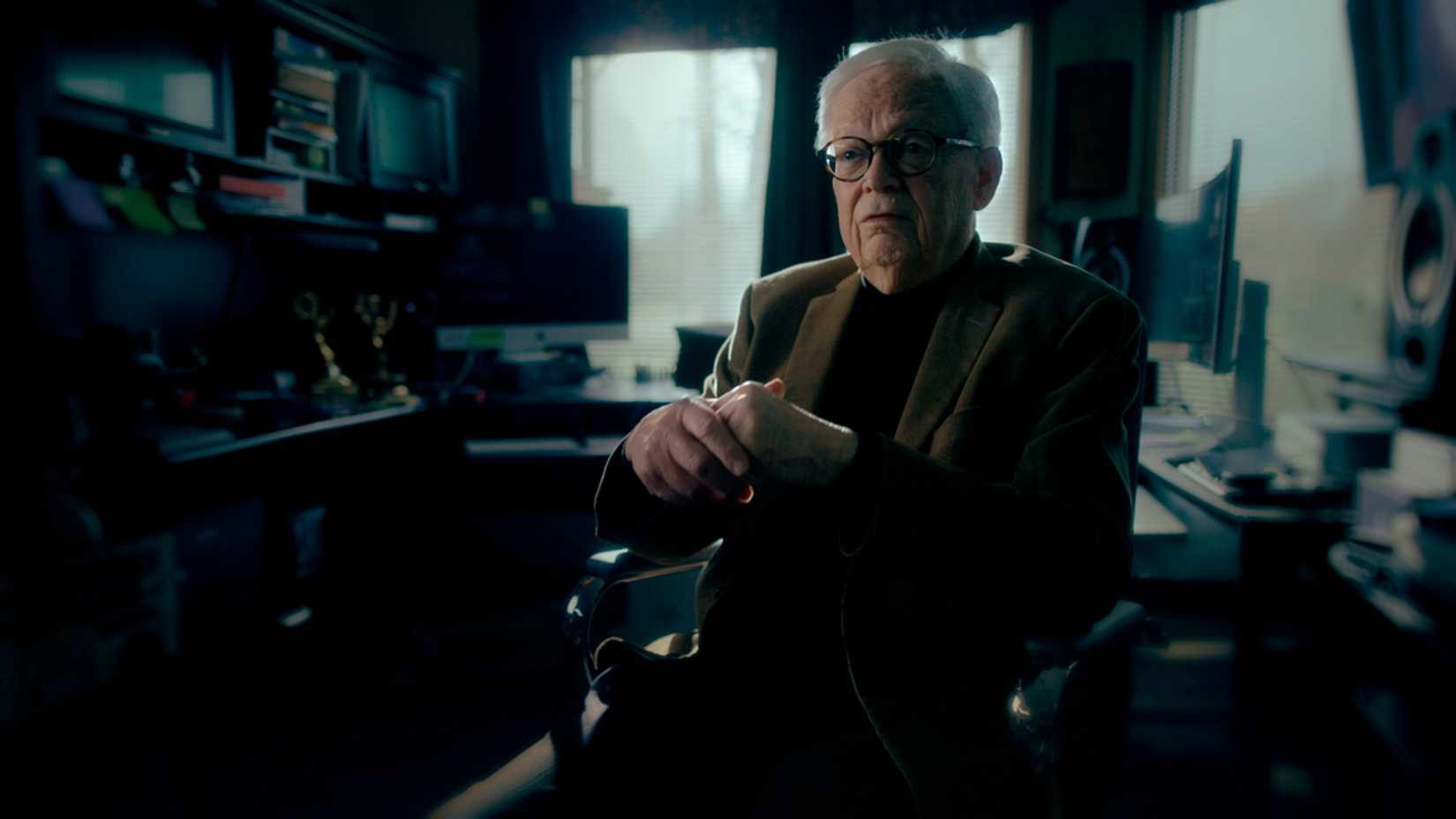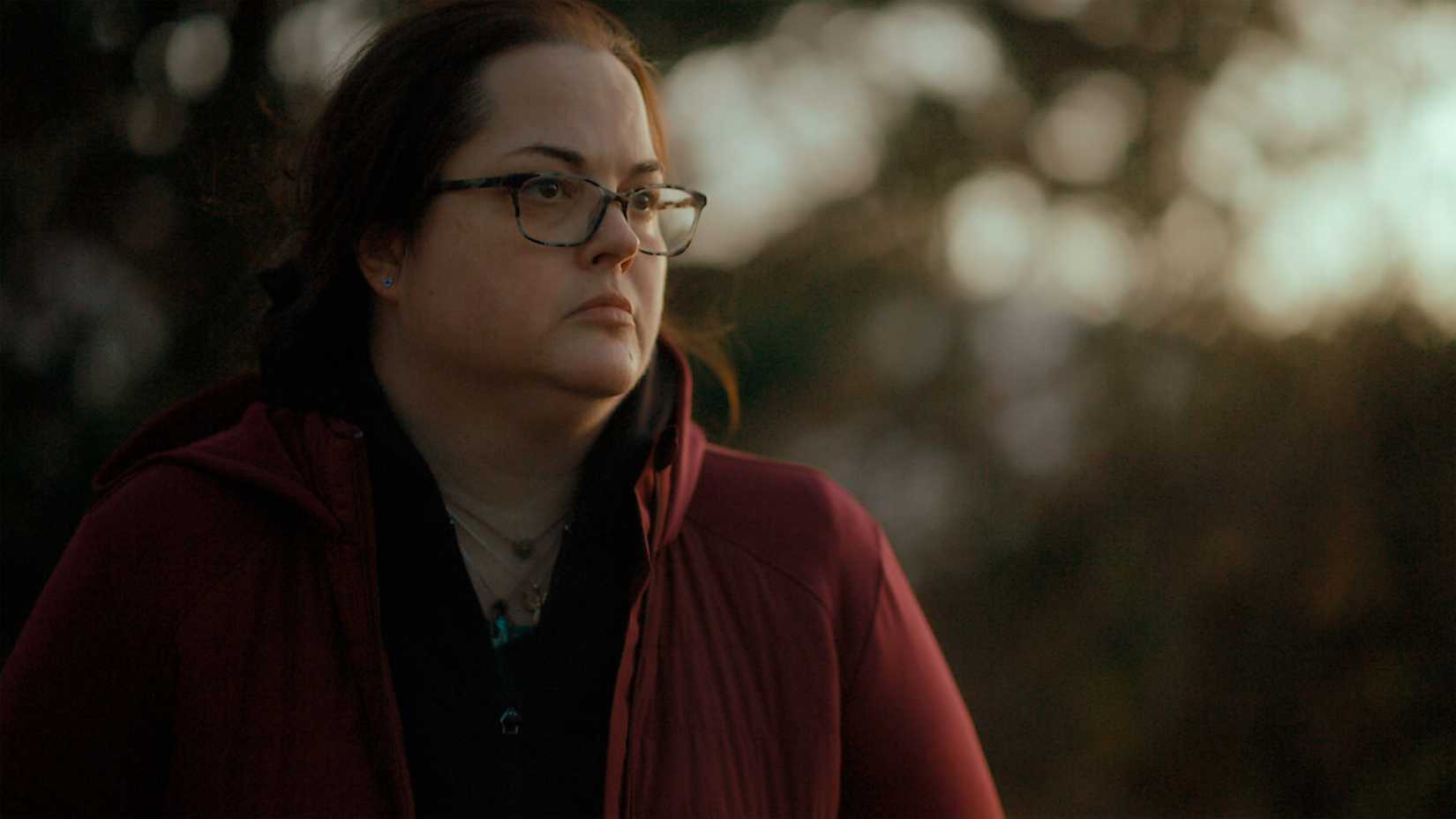As Monster: The Ed Gein Story continues to dominate the most-watched Netflix charts, the real-life serial killer has just met a fierce competitor. On October 10, 2025, the streaming service introduced My Father, The BTK Killer, a harrowing true-crime documentary film that peels back the curtain and exposes the rash of grisly crimes perpetrated by Dennis Rader, aka the “Blind, Torture, Kill” serial murderer who tormented Wichita, Kansas, in the 1970s.
With haunting documentary footage from the 1970s and a contemporary personal account from Rader’s daughter, Kerri Rawson, My Father, The BTK Killer offers a chilling behind-the-scenes portrait of a seemingly ordinary family man and Scout leader who went on to murder at least 15 individuals. Unlike the drawn-out, over-dramatized Ed Gein Story, My Father, The BTK Killer offers rare insight into the twisted mind of one of the most notorious mass murderers in US history.
‘My Father, The BTK Killer’ Offers a Unique Perspective
Directed by Skye Borgman, My Father, The BTK Killer, is a sobering 93-minute true-crime Netflix documentary that charts the odious crimes committed by Denis Rader in Wichita, Kansas, in the 1970s. Dubbed the BTK Killer for his murderous modus operandi of blinding victims, torturing them, and killing them, Rader began taunting the authorities by sending letters to the local news, bragging about and listing his murder victims.
Blending archival footage with classic documentary interviews with the authorities assigned to the case at the time, the documentary goes above and beyond most true-crime docs by speaking directly to the killer’s daughter. Kerri Rawson, who grew up with Rader in the ’70s and ’80s in Kansas, details the subtle clues hinting at Rader’s descent into madness, murder, and mania. The way the doc marries the personal with the professional gives viewers a well-rounded account that remains compelling throughout its short, well-paced runtime.
For instance, Rawson details how her father celebrated her first birthday the same day that he sent a letter to the police taunting them about his murders. Yet, once Rader had children, his communications began to slow down, with many assuming he had stopped killing as well. On the contrary, Rader’s newfound family life made him less suspicious in the eyes of the police, allowing him to hide in plain sight, commit more murders, and do so while raising children. In its first four days on Netflix, the documentary has reached the #3 most-viewed movie.
‘The BTK Killer’ Weighs Celebrity vs. Infamy in His Return
One of the most fascinating aspects of My Father, The BTK Killer is how Dennis Rader’s quest for celebrity status led to his own downfall. After a fairly silent period between the late 1970s and early 1990s, Rader returned to his wicked ways once Rawson was an adult. As if driven more by expanding his waning infamy than his desire to kill, the film plumbs the sick pathology in Rader’s mind as he proudly and publicly boasts about committing some of the most heinous crimes on record.
After nearly 25 years of homicidal dormancy, Rader moved from Wichita, Kansas, and began a new killing spree in Park City, Utah, where he worked as a dogcatcher. One of the most chilling pieces of footage in the new true-crime doc includes Rader being questioned by the police, calmly eating fast-food French fries as two police officers grill him with interrogation. Someone who is that comfortable while being so close to being caught reinforces Rader’s psychopathy as a criminal who is more thrilled about being recognized for his crimes rather than any fear, guilt, or remorse about being captured.
Rader’s brazen bravado is what allowed him to continue committing murder unnoticed. The doc explores how Rader not only fooled his wife, Paula, daughter, Kerri, and son, Brian, but also an entire tight-knit community and the family’s local church. The shocking nature of a seemingly well-meaning man who has a family and holds a respectable job being revealed as a decades-long serial murderer is something the doc drives home hard. Seen through Kerri’s adult eyes, the lifelong ramifications of her father’s actions lead to a remarkably emotional finale.
Oftentimes, true-crime documentaries focus on a perpetrator and their victims. Rarely are viewers afforded intimate testimony from blood-related family members who had no clue that their relatives were notorious serial killers. My Father, The BTK Killer, takes the opposite approach and yields effective results. Kerri recounts her communication with Rader up to 2005, right after he was arrested for murders committed between 1974 and 1991. Reading the letters aloud on camera offers insight into how the family dealt with Rader’s arrest while the whole thing plays out in public and in court.
Kerri Rawson Works Through the Trauma Years Later
The final 30 minutes of My Father, the BTK Killer, explore Rawson’s inescapable trauma she has experienced since Rader was arrested in 2005. In the past 20 years, Rawson has tried to put the past behind her, only to have it return publicly. Rawson recounts how Stephen King adapted her father’s story into a screenplay, triggering her PTSD, preventing her from public ridicule, and forcing her to relive the pain all over again.
Although the doc lingers a bit too long on Rawson’s own attempt to capitalize on her father’s crimes by penning a bestseller in 2015, likening her to her father’s quest for fame, the movie does a much better job of making viewers feel for and sympathize with Kerri than Monster: The Ed Gein Story does. Indeed, Monster‘s absurd, dramatized attempt to make viewers understand and relate to the notorious serial killer Ed Gein (Charlie Hunnam) through his twisted relationship with his mother, Augusta (Laurie Metcalf), is neither as convincing nor compelling as Rawson’s real-life testimony.
If Netflix continues to produce popular true-crime stories, it should stick with the documentary format over the scripted dramas. The recent trend of making narrative dramatizations of real-life serial killers in some bizarre desire to understand their motives has run its course. It’s far more important to hear from the victims than to put the killer on a pedestal for mass entertainment. My Father, The BTK Killer, is available to stream on Netflix
Source link



















Add Comment